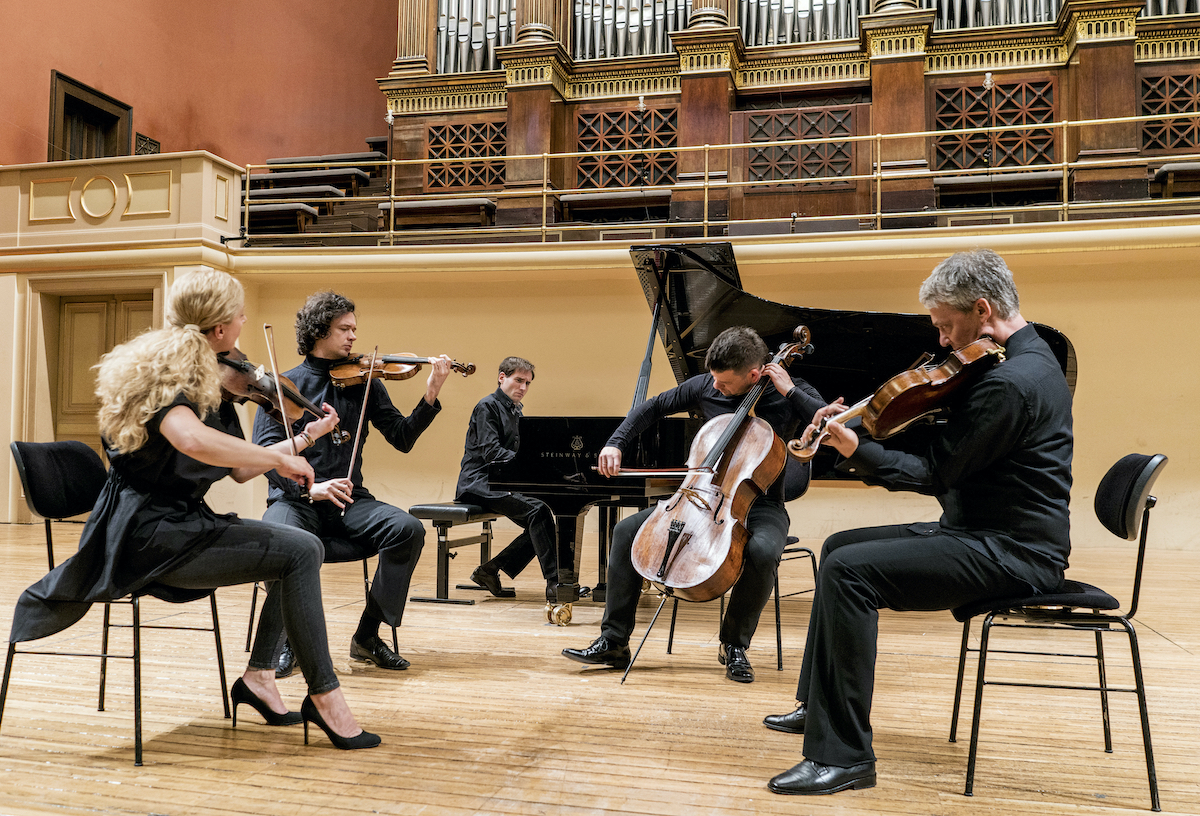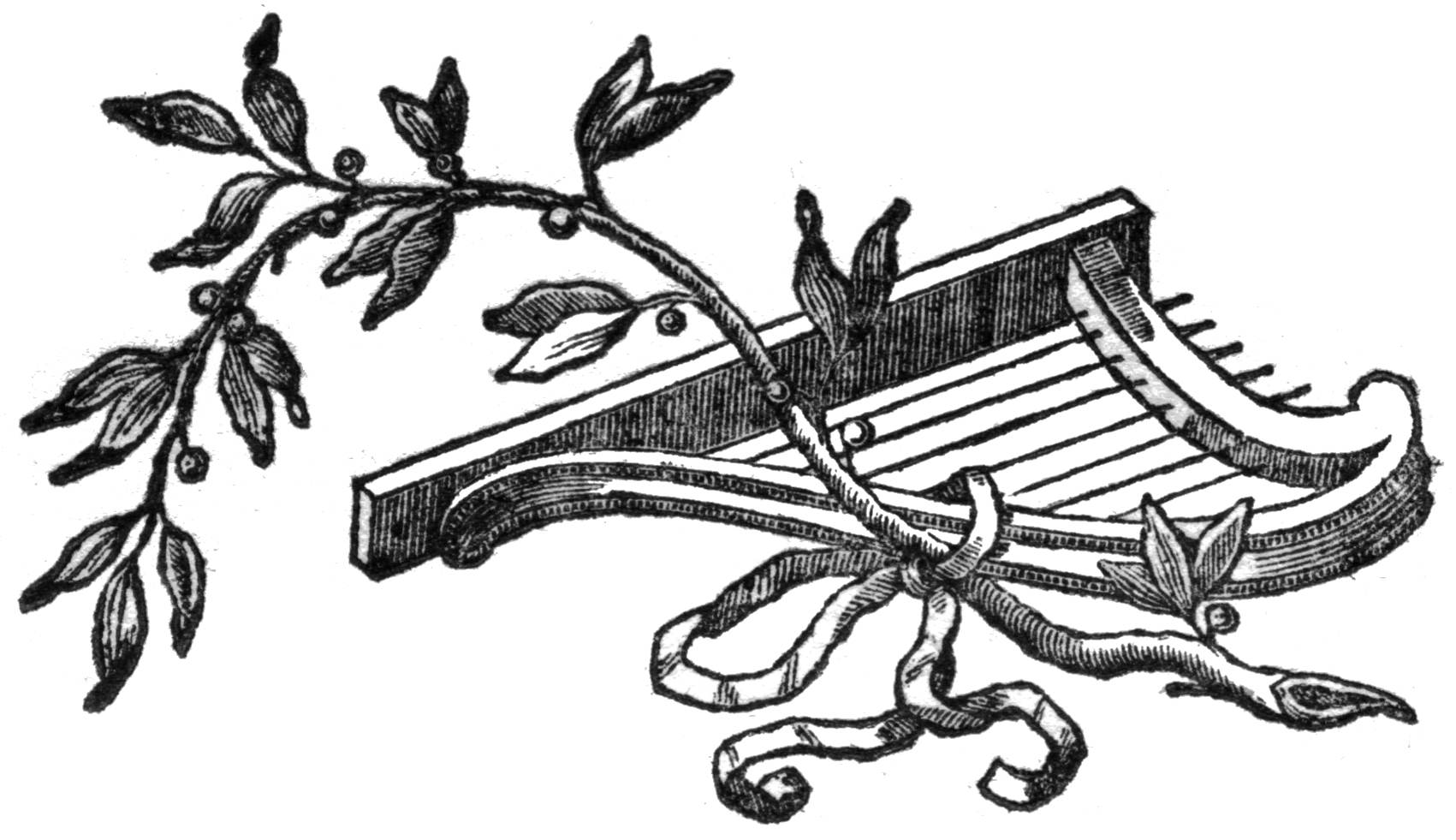
PAVEL HAAS QUARTET & BORIS GILTBURG, piano
Veronika Jarůšková, violin
Marek Zwiebel, violin
Jiří Kabát, viola
Peter Jarůšek, cello
(Photo credit: Marco Borggreve)
Following their victory in the Prague Spring Festival Competition and Premio Paolo Borciani in Reggio Emilia, Italy, in 2005, the Pavel Haas Quartet soon established themselves as one of the world’s most exciting contemporary chamber ensembles. Performing at the most renowned concert venues around the globe, the Pavel Haas Quartet has to date recorded six critically acclaimed CDs, which have received numerous prestigious awards.
In 2007, the European Concert Hall Organisation (ECHO) named the Pavel Haas Quartet one of its Rising Stars, following which they were afforded the opportunity to give numerous high-profile concert appearances all over the world. Between 2007 and 2009, the Pavel Haas Quartet held the title of BBC New Generation Artist. In 2010, the ensemble was granted a classical music fellowship from the Borletti–Buitoni Trust. Recent highlights have included concerts at the Rudolfinum Hall in Prague as artist-in-residence of the Czech Philharmonic Chamber Music Society, performances at Edinburgh International, Schubertiade and East Neuk Festivals as well as at the Wigmore Hall, Paris Théâtre de la Ville, Brussels Bozar, Munich Herkulessaal, Rotterdam De Doelen, Florence Teatro della Pergola, Essen Philharmonie Essen, as well as tours of the US and Canada.
‘Truly exceptional … the range of Boris Giltburg’s playing - from colour to pacing to emotional shading and sheer heady propulsion - makes for compulsive listening’, declared the BBC Music Magazine. The Moscow-born, Israeli pianist is lauded across the globe as a deeply sensitive, insightful and compelling interpreter. Critics have praised his ‘singing line, variety of touch and broad dynamic palette capable of great surges of energy’ (The Washington Post) as well as his impassioned, narrative-driven approach to performance: ‘the interplay of spiritual calm and emphatic engagement is gripping, and one could not wish for a more illuminating, lyrical or more richly phrased interpretation’ (Suddeutsche Zeitung). At home in repertoire ranging from Beethoven to Shostakovich, in recent years he has been increasingly recognized as a leading interpreter of Rachmaninov: ‘His originality stems from a convergence of heart and mind, served by immaculate technique and motivated by a deep and abiding love for one of the 20th century’s greatest composer-pianists.’ (The Gramophone).


